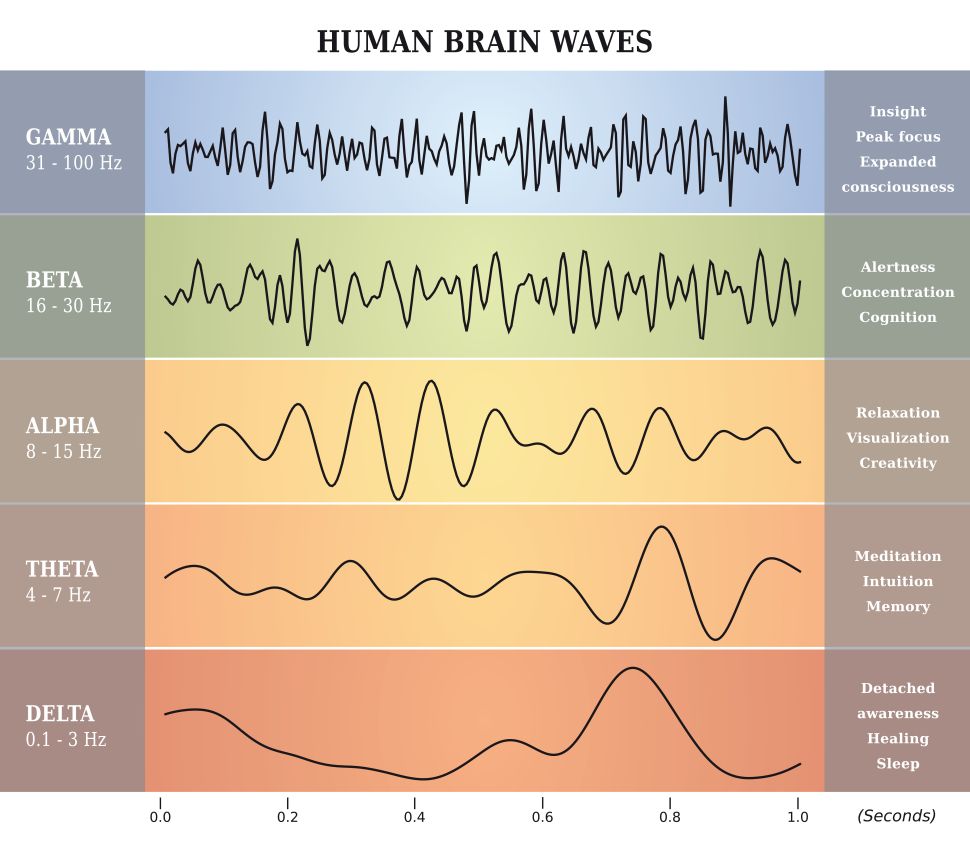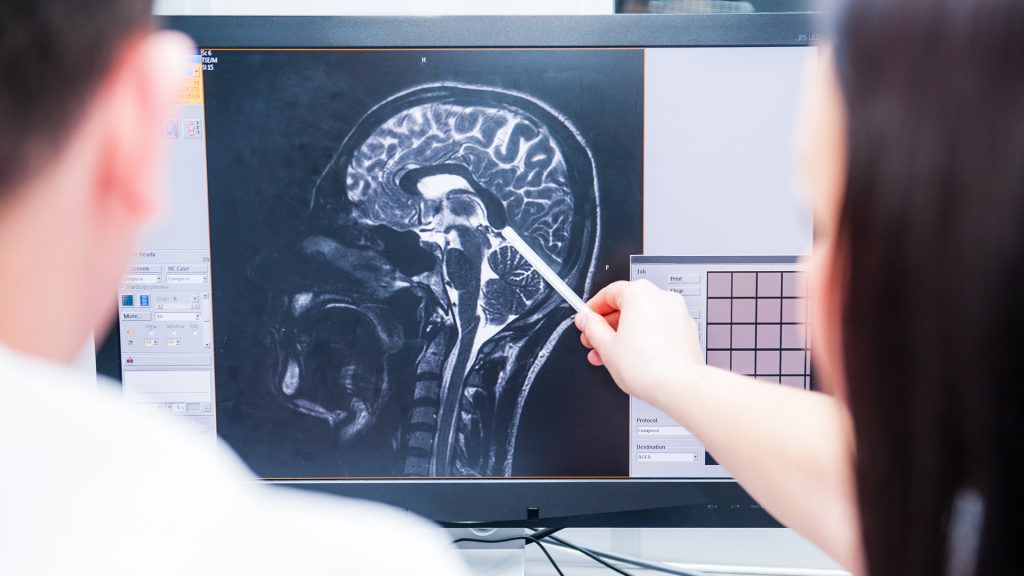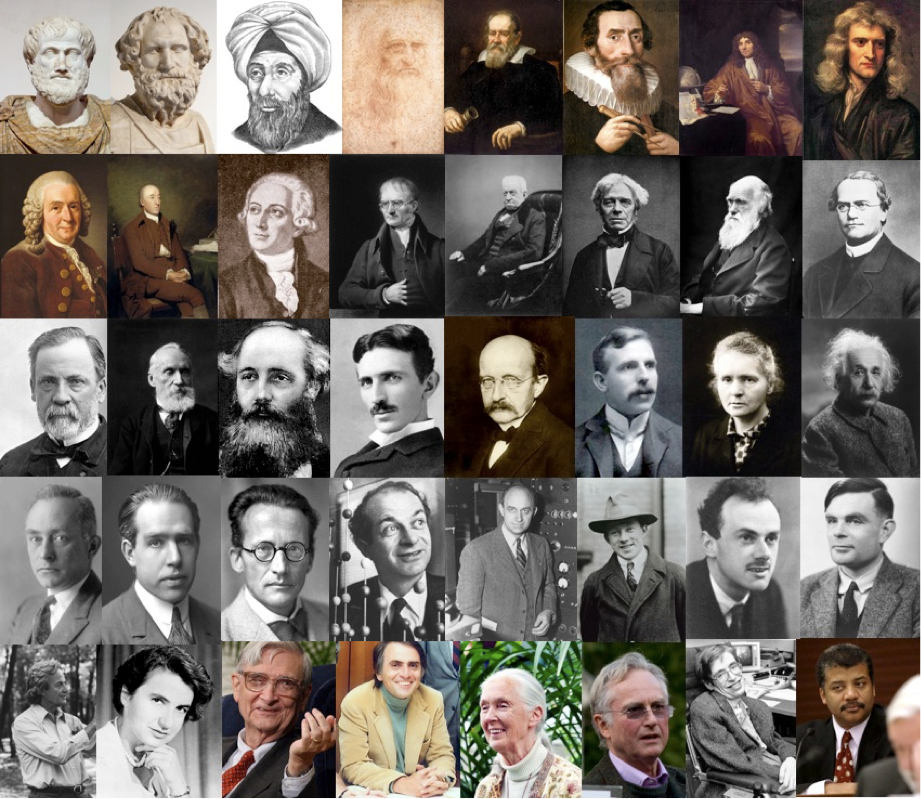There exist mysteries about what would happen after we die and also have been talks for a prolonged time, that there are pathways to heaven and hell wholly decided by one’s rectitude and sins; and also, whole life flashes in moments before your eyes before you die.
While still existential proofs / study ceased to conform on the former, the latter on contrary had a study conforming so. Yes, Life really flashes before our Eyes before we die. The scan of a dying human’s brain reveals so.
A new study by University of Louisville researcher & neurosurgeon Dr. Ajmal Zemmar and colleagues from around the world suggests that our brains may remain active and coordinated during, and even after, the transition to death. The study gets published to Frontiers in Aging Neuroscience.
This discovery by the team was out by an accident. The neuroscientists were used continuous electroencephalography (EEG) for measuring the brainwaves of an 87-year-old patient who had developed epilepsy. Unfortunately, the patient suffered a heart attack during the process and died, thus by which the scientists had an unexpected recording of a dying human brain.
“We measured 900 seconds of brain activity around the time of death and set a specific focus to investigate what happened in the 30 seconds before and after the heart stopped beating,” said Dr Ajmal.

The recording revealed unexpected brain activity in the memory retrieval area, suggesting that we may recall our lives for one final time before we die. They observed specific band of neural oscillations, so called gamma oscillations, but also in others such as delta, theta, alpha and beta oscillations, before and after the heart stopped working.
Related Posts
These brain oscillations are patterns of rhythmic brain activity normally present in living human brains. The different types of oscillations, including gamma, are involved in high-cognitive functions, such as concentrating, dreaming, meditation, memory retrieval, information processing and conscious perception, just like those associated with memory flashbacks.
“Through generating oscillations involved in memory retrieval, the brain may be playing a last recall of important life events just before we die, similar to the ones reported in near-death experiences,” Zemmar speculated. “These findings challenge our understanding of when exactly life ends and generate important subsequent questions, such as those related to the timing of organ donation.”
The findings become the first of the kind to record the brain activity of a dying human and the results show similar to that same study previously observed in rats kept in controlled environments. This means it is possible that, during death, the brain organizes and executes a biological response that could be conserved across species.
Looking upon for more studies into this topic, Zemmar is hopeful in investigating cases and revealing the world what really happens before and after the moments of death.






